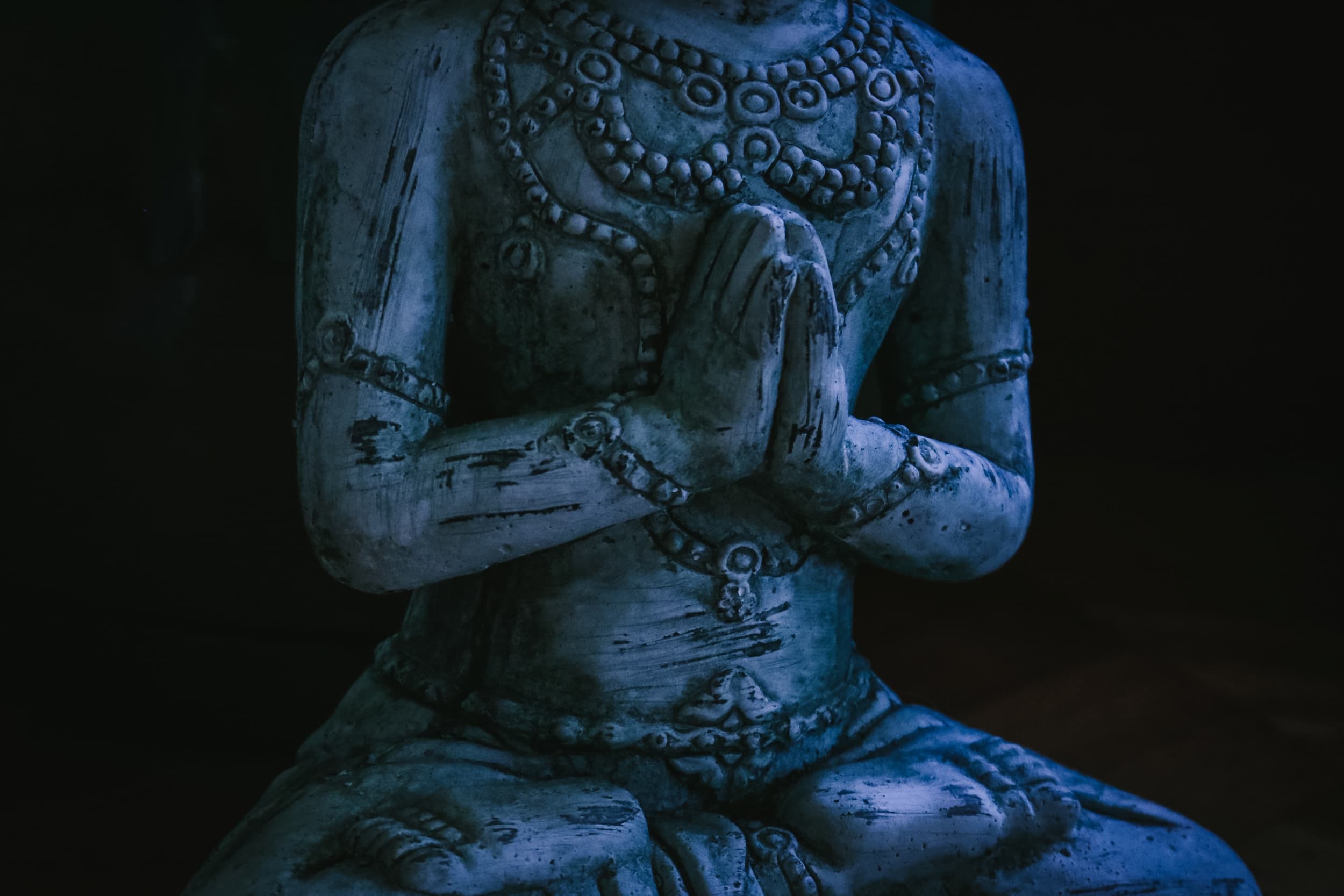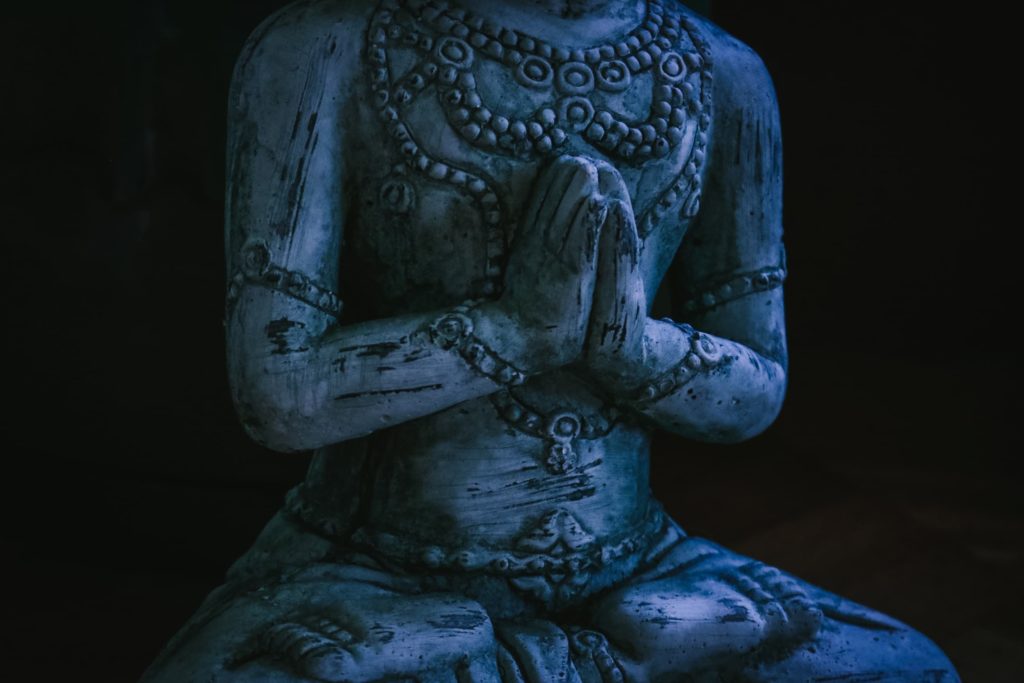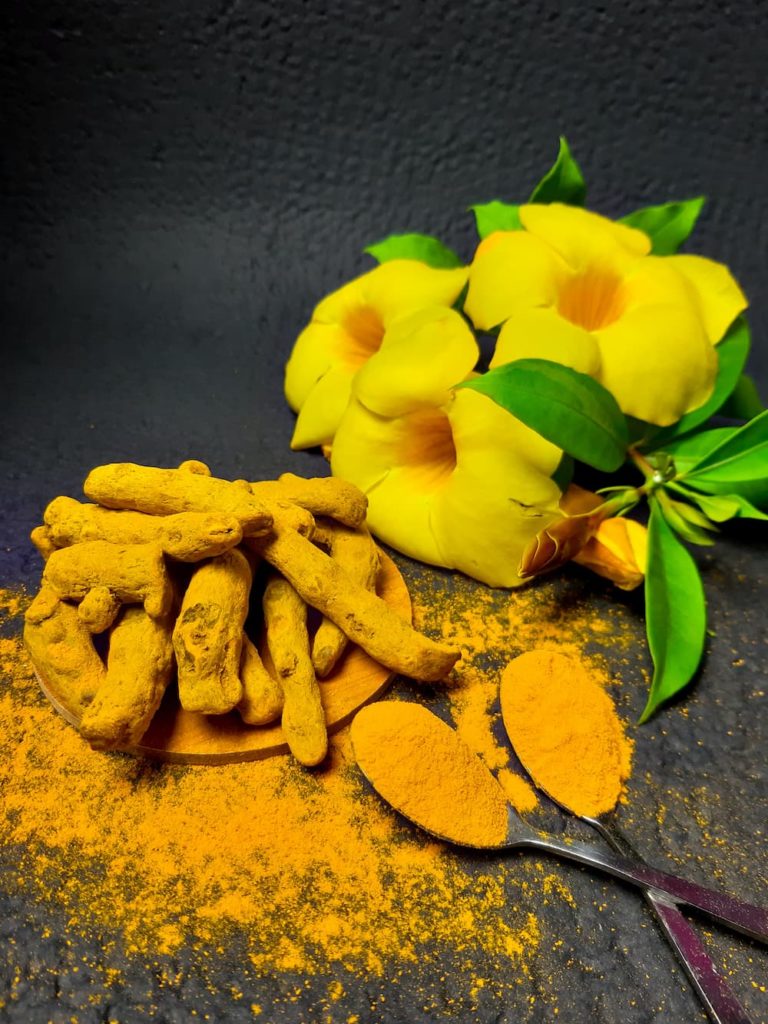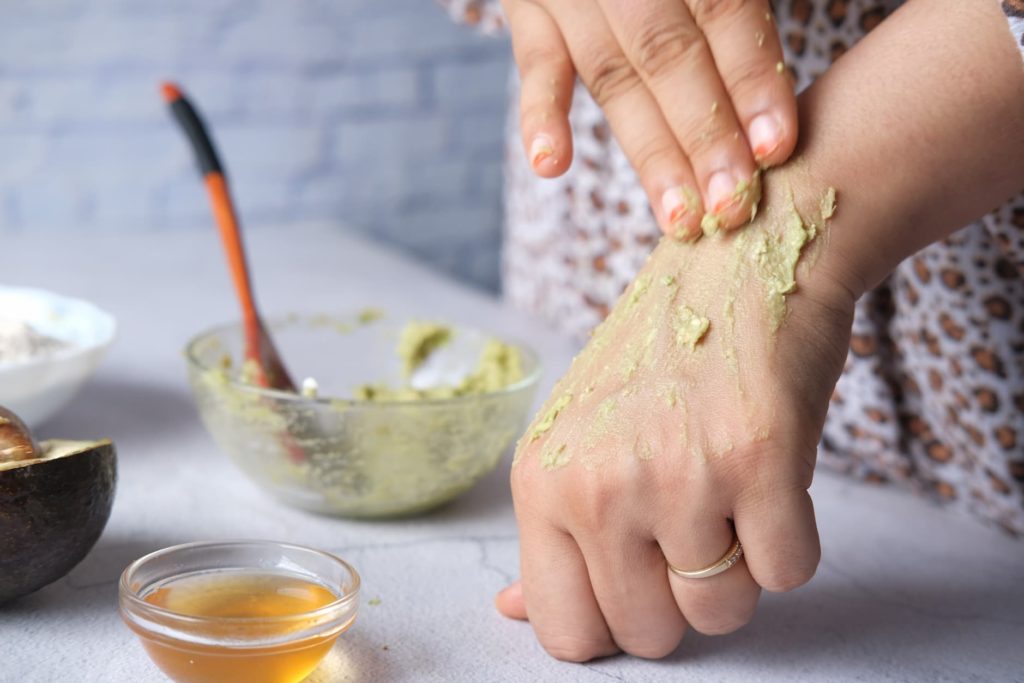
The ancient Indian system of Ayurveda is known for its holistic approach to health and wellness. Ayurveda views the body as a holistic system and focuses on creating balance between the body, mind, and spirit. This can be done by balancing the body’s three doshas (Vata, Pitta, and Kapha). Let’s explore how Ayurveda can support some of the important bodily functions. Although it is difficult to give specific or individual advice without a thorough consultation, i’ll provide some general tips for incorporating Ayurvedic practices such as herbal remedies, diet, and lifestyle changes to support our daily lives.

Immune system
Every person has a unique combination of three doshas: Vata, Pitta, and Kapha. The balance of these doshas determines a person’s physical, mental, and emotional characteristics. Imbalances in these doshas can lead to various health problems, including a weakened immune system. Therefore, balancing the doshas is an essential step towards boosting immunity
Herbal Remedies
Ayurveda offers many herbal remedies to support the immune system. One of the most popular herbs for immunity is ashwagandha. It is an adaptogen that helps the body adapt to stress and boosts the immune system. Other herbs that are commonly used in Ayurveda to support immunity include turmeric, tulsi, neem, and ginger.
Diet
Diet plays a crucial role in maintaining a strong immune system. Your diet needs to be tailored to your personal dosha type. For example, Vata types are advised to eat warm, nourishing foods that are easy to digest, while Pitta types should avoid spicy and acidic foods that can cause inflammation. Kapha types are advised to eat lighter foods that are low in fat and oil. Additionally, Ayurveda recommends incorporating immune-boosting foods such as garlic, lemon, and honey into the diet.
Lifestyle
Lifestyle changes can also help boost immunity. Incorporating daily practices such as yoga, meditation, and pranayama (breathing exercises) into your routine can help reduce stress and inflammation, which can weaken the immune system. Additionally, getting enough sleep, staying hydrated, and maintaining a regular exercise routine are all essential for a strong immune system.
Digestive Health
One of the key principles of Ayurveda is that good health starts with a strong digestive system. The digestive system is responsible for converting food into energy, which is then used to fuel the body and mind. Poor digestion can lead to a variety of health problems, including fatigue, inflammation, and imbalances in the doshas.
Diet
One of the main ways to promote digestive health in Ayurveda is to eat according to your dosha type. The three doshas—Vata, Pitta, and Kapha—each have unique digestive tendencies and can benefit from different types of foods. For example, Vata types tend to have a dry and irregular digestion and benefit from warm, grounding foods such as soups and stews. Pitta types have a strong digestive fire but can be prone to inflammation and benefit from cooling, hydrating foods such as cucumber and melon. Kapha types tend to have slow and heavy digestion and benefit from light, stimulating foods such as ginger and cayenne pepper.
Herbs
Incorporating digestion-boosting herbs and spices into your meals can also be important aid for your digestion. Some of the most commonly used herbs and spices in Ayurvedic cooking include ginger, cumin, coriander, fennel, and turmeric. These herbs and spices can help stimulate digestion, reduce inflammation, and promote overall health.

Lifestyle
Ayurveda also recognizes the role of stress in digestive health. Stress can disrupt the digestive system and lead to poor absorption of nutrients. Ayurvedic techniques such as yoga, meditation, and pranayama can help reduce stress and promote relaxation, which can in turn improve digestion and overall health.
Skin care
Our skin is often a reflection of the beauty that comes from the inside out and is closely linked to overall wellness. For the outer skin the key principle of Ayurvedic skincare is the use of natural ingredients. Ayurvedic herbs such as turmeric, neem, and aloe vera are known for their healing and nourishing properties for the skin. These ingredients are often used in Ayurvedic skincare products, as well as in DIY skincare recipes.

It is also important for skincare to know your unique dosha combination which can influence your skin type and needs. For example, Vata skin tends to be dry and prone to fine lines, while Pitta skin is sensitive and prone to inflammation. By understanding your dosha type, you can choose skincare products and practices that are tailored to your specific needs.
Self-care practices for overall wellness and beauty such as Abhyanga, or self-massage, is a traditional Ayurvedic practice that involves massaging warm oil onto the skin. This practice helps to nourish and moisturise the skin, improve circulation, and promote relaxation and stress relief.